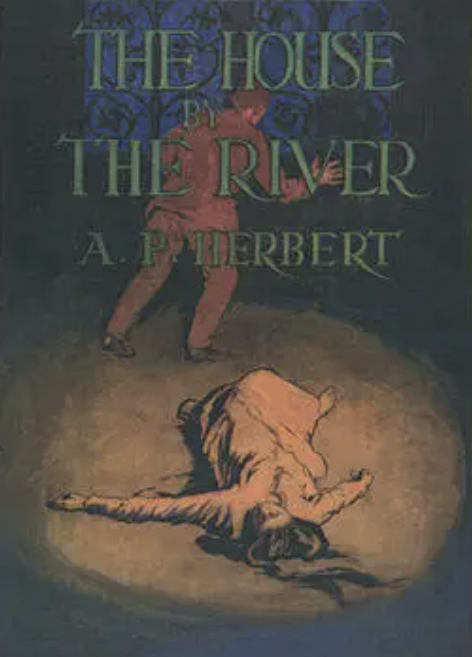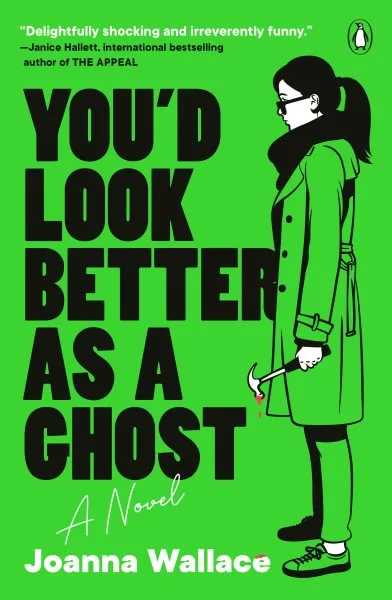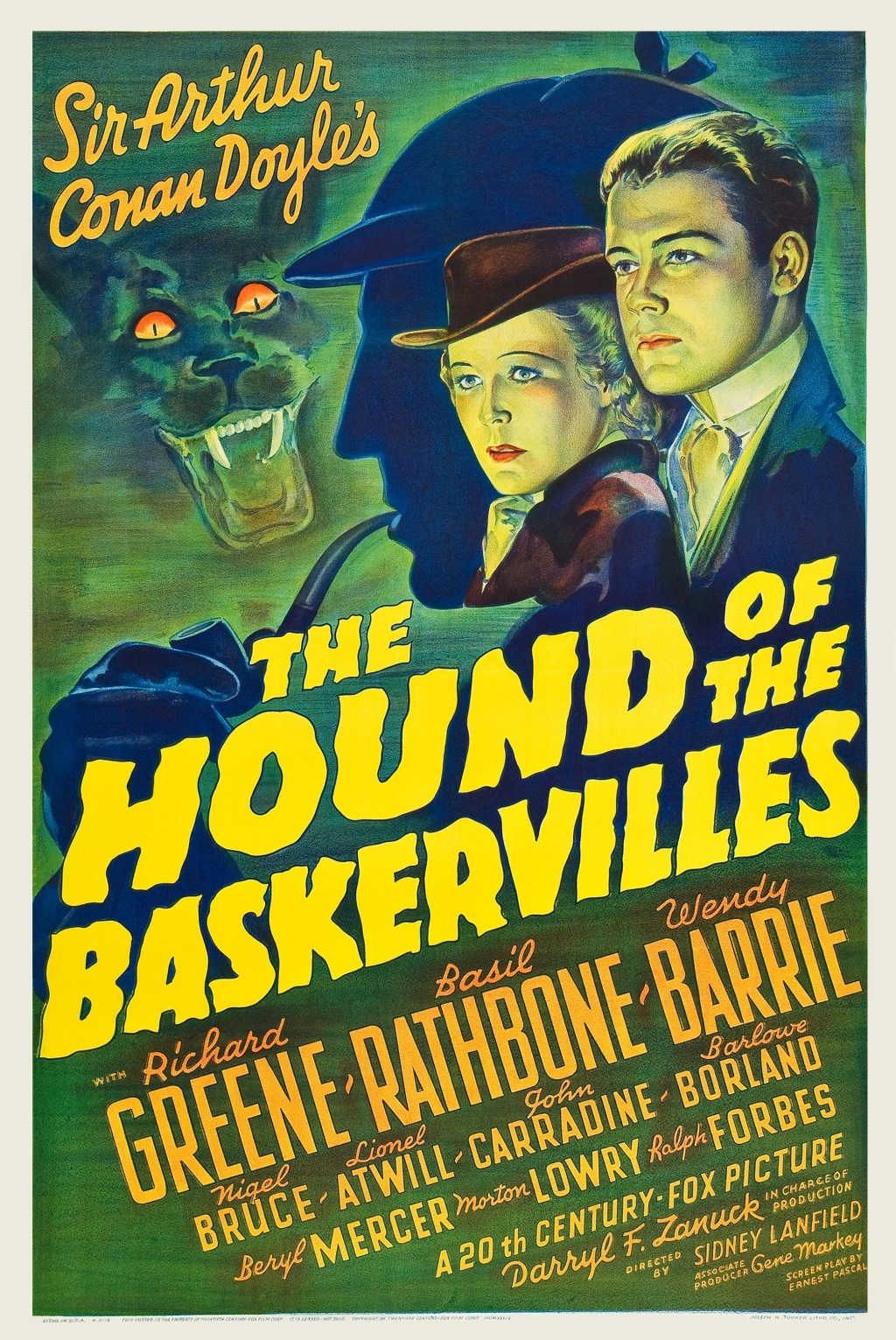
Pol Koutsakis
Originally Published 2017
Stratos Gazis #1
Followed by Baby Blue
Athenian Blues is the first novel in Pol Koutsakis’ series about ‘caretaker’ Stratos Gazis set in modern-day Athens. Stratos is not a good guy – he kills people for money – but he is successful enough to be able to pick and choose his clients which helps him assuage his guilt.
Stratos has been approached by Aliki Stylianou, a model who has turned television star. She is looking to have her husband, a famous lawyer and philanthropist killed. She claims that not only has he been abusing her but that he has made two attempts on her life. He tells her that he will look into her situation before deciding if he will take the job.
Shortly after their meeting, Stratos learns that her car has been found with a woman shot to death inside it. When he gets close to the victim however he realizes that while the woman resembles Aliki, it is someone else.
Before long he finds himself speaking with the husband, Vassilis, at gunpoint. He has a proposal of his own, telling Stratos that he wants to keep his wife safe and offers to pay whatever price he sets to find who is responsible. Stratos will have to decide who he can trust as he tries to get to the bottom of just what is the truth about that marriage and why someone is targeting Aliki.
Athenian Blues is a story that draws heavily on its classic hard-boiled and film noir influences but which also feels a decidedly modern work. Part of that reflects the references to Greece’s recent economic and political turmoil which places this very firmly in our own time. There is even a bit of a #metoo angle with a seedy film producer character that Stratos interviews. But I think what also stands out as modern and different is the way Koutsakis handles and develops the relationships between Stratos and his circle of friends. I found those relationships to be just as interesting and rewarding as the case itself.
Stratos intrigues as a protagonist because this is a hardened character who is not a loner but rather retains strong connections to that circle of childhood friends, each of whom knows what he does. His friend Drag is a homicide cop who keeps his distance when necessary but who is also around to be backup for him when he is in danger or to help clean up any messes he gets into. Both men are in love with Maria and each has had a relationship with her but she has got married, creating a slight awkward dynamic between the three. And then there’s Teri, a transgender prostitute who helps him line up jobs and who has developed her own awkward dynamic with Drag since her surgery.
The relationships between the four characters are rich, complex and rewarding and it is clear that there is immense scope for Koutsakis to explore them further in later novels. This background also humanizes Stratos, immediately giving us a sense of who he is and what he values, and in the brief story of his first meeting Drag we get to see what created that bond between them and that he had his code long before he was a seasoned professional killer.
Turning back to this story, Koutsakis creates a vibrant and colorful cast of characters for Stratos to investigate though morally they are mostly composed of shades of gray. As with most of the film noir stories that are referenced throughout the novel, we are reminded that there are no easy heroes nor clear villains to be found here. Instead we must read the situations Stratos finds himself in and try to reconcile the varying accounts we get of Aliki and her husband.
Tonally, the piece is more a psychological investigation than puzzle mystery though there are a few clues and red herrings to throw the reader off. Readers of hard-boiled crime fiction may anticipate some of the story beats but I think the execution is strong and I enjoyed seeing how Stratos would make some of the connections or get his way with an elusive witness or source.
Admittedly the case itself does feel a little thin and readers may feel that one twist near the end wasn’t built up enough beforehand to achieve its full impact. I also think the confrontation at the end becomes a little exposition-heavy with an awkwardly stretched conversation taking place. This has the unfortunate effect of making it feel a bit like one of those Bond pastiches where the villain explains everything in enormous detail while giving him more time to hatch an escape. Still, given the comparative brevity of the novel I can forgive this slightly clumsy device.
Though the idea of a killer sleuth has been done before, it is the dynamics between Stratos and his friends that really set this book apart for me and had me take notice of it. If you like character-driven stories or are a fan of a hard-boiled style of detective fiction, you may well want to check this series out. I will be looking forward to seeing how future titles in this series develop this collection of characters.




Leave a comment